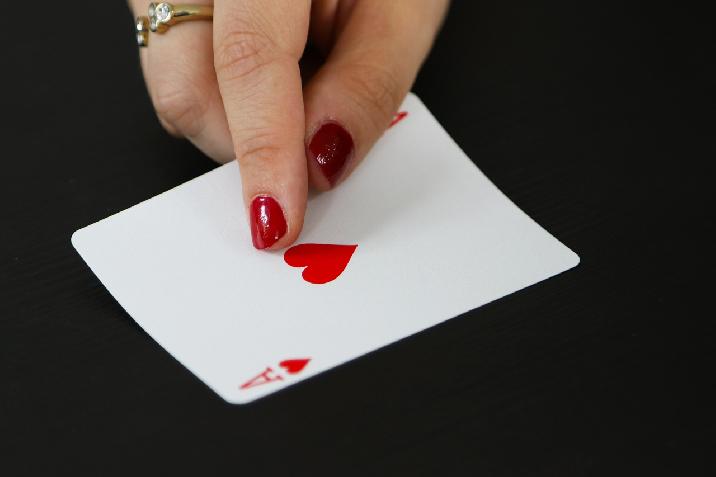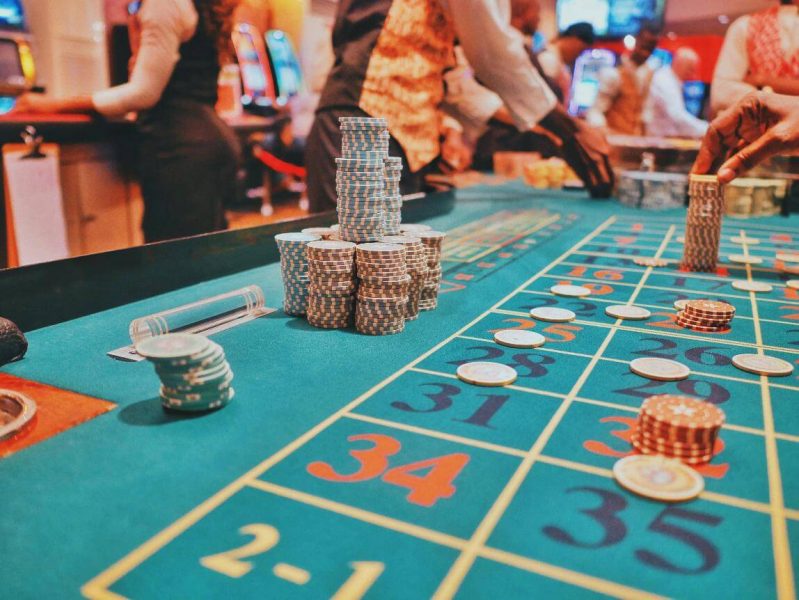
Gambling is a popular activity around the world, with millions of people engaging in various forms of gambling every day. While for some, it is a harmless and enjoyable pastime, for others, it can quickly turn into a destructive and life-threatening addiction. Gambling addiction is a serious mental health disorder that can have devastating consequences not only on the individual but also on their loved ones.
What is gambling addiction?
Gambling addiction, also known as gambling disorder, is a type of impulse-control disorder characterized by the uncontrollable urge to gamble despite negative consequences. It is a progressive addiction that often starts with occasional gambling for fun but quickly progresses into a compulsive behavior that the individual cannot control. Like any other addiction, it alters the brain’s reward system, making the person feel the need to gamble more and more to achieve the same level of excitement and pleasure.
Signs and symptoms of gambling addiction
The signs and symptoms of gambling addiction may vary from person to person, but there are several common red flags to look out for. These include:
1. Inability to stop gambling: The most telling sign of gambling addiction is when the person cannot stop gambling even when they want to. They may make repeated attempts to quit or control their gambling, but they often fail.
2. Preoccupation with gambling: A person with a gambling addiction tends to spend a lot of time thinking about gambling. They may constantly plan their next gambling session or think of ways to get money to gamble.
3. Chasing losses: Gambling addicts often continue to gamble even after losing substantial amounts of money, hoping to win back what they have lost. This is known as chasing losses and can lead to even more significant financial problems.
4. Negative impact on personal and professional life: Gambling addiction can cause significant disruptions in a person’s life, such as neglecting responsibilities at work or home, strained relationships, and financial troubles.
5. Lying about gambling: In an attempt to hide their addiction, gambling addicts may lie to their loved ones about the extent of their gambling or try to cover up their losses.
Effects of gambling addiction
Gambling addiction can have severe consequences on a person’s physical, mental, and emotional well-being. The constant stress and anxiety associated with gambling can lead to a host of health problems, including high blood pressure, insomnia, depression, and substance abuse. Financial problems caused by gambling addiction can also lead to job loss, bankruptcy, and homelessness.
The impact of gambling addiction is not limited to the individual alone; it can have a ripple effect on their family and loved ones. The financial strain can cause significant emotional distress and mistrust within relationships. Children of gambling addicts are also at a higher risk of developing psychological issues such as anxiety and depression.
Treatment for gambling addiction
Like any other addiction, gambling addiction can be treated, but it requires commitment and dedication from the individual to make a change in their life. The first step towards recovery is acknowledging the problem and seeking professional help. Treatment options for gambling addiction may include therapy, support groups, and medication.
Therapy, such as cognitive behavioral therapy, can help individuals understand the underlying reasons for their addiction and develop healthy coping mechanisms. Support groups like Gamblers Anonymous can provide a sense of community and understanding, making it easier to overcome the addiction. In severe cases, medication may be prescribed to help manage any underlying mental health issues.
Preventing gambling addiction
Prevention is always better than cure, and the best way to prevent gambling addiction is by avoiding gambling altogether. However, for those who choose to gamble, it is essential to do so responsibly and in moderation. Setting limits on the amount of time and money spent gambling can also help prevent addiction. It is crucial to seek help as soon as gambling starts to impact your life negatively.
In conclusion, gambling addiction is a real and serious problem that requires attention and support from both the individual and their loved ones. Seeking help and treatment is the first step towards a life free from the grasp of gambling addiction. Remember, there is always hope and a way out.


